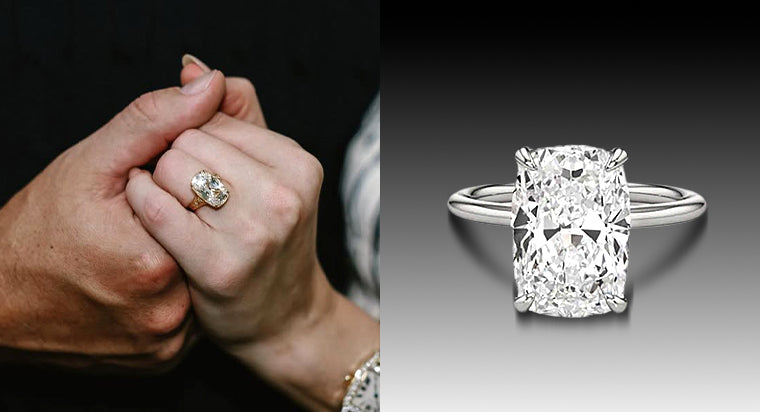In a Wedding, What Are the Groom's Parents Responsible For?

Part of what makes weddings so thrilling is their fulfillment of timeless tradition — the magical heart-skip that comes with a proposal, the giddy bestowal of the engagement ring, generations gathering to celebrate the beginning of a new life together, the symbolic adventure of the honeymoon.
But in the modern lead-up to matrimony, some traditions were made to be broken. And more and more couples are gleefully smashing them. A biggie: What the groom's parents are responsible for in the wedding. (Largely meaning, what they're expected to pay for.)
TABLE OF CONTENTS
What tradition used to be
As you've seen and heard — via decades of pop culture, and undoubtedly a little "affectionate" grumbling from the parents of female relatives and friends — tradition once dictated that the parents of the bride were responsible for the day-of costs of the wedding. That included the dress and the reception (e.g. the hall, entertainment and meals for the guests — no small expense).
By turn, the groom and his parents were responsible for the cost of the engagement and wedding rings — also no tiny pile of cash. And for generations, the "two-month rule" was set in stone.
The 'two-month rule'
As late as the tail end of Gen X, it was pretty much gospel that men were expected to spend two or three months' salary on an engagement ring. For example, if you took home $4,000 a month, you were to spend $8,000 to $12,000 on an engagement ring. Read more about how much engagement rings should cost, and why the old guidelines are outdated, here.

How things are different today
Well, what do you know — times have changed! Expectations have shifted in terms of what the groom's parents are responsible for in the wedding. And although it would be awesome to chalk that up to mainstream culture's increasing embrace of equitable gender roles ... unfortunately, that isn't entirely the case.
A large part of the story: It's a lot more expensive to be a newly engaged adult than in previous generations. Tuition and health-insurance costs have skyrocketed, student loan debt is out of control, and wages have nowhere near kept pace with the cost of living and inflation.
Back in your grandfather's day, you could work a part-time job and still afford to pay rent on a one-bedroom New York City apartment; college tuition cost 75 percent to 90 percent less than it does now at the best universities; health-care costs were a fraction of today's; and the biggest "experiences" you planned for as a couple were the reception and kids.
It's also way more expensive to be parents today: Our folks are living longer and have to sock away a lot more money for retirement and health care — often while paying off some of those massive tuition and student-loan bills.
So partly out of economic reality, the old rules have gone out the window. Couples have gotten a lot more flexible about who's responsible for what in the wedding, including how much they spend and how much their parents are expected to contribute. Today, many couples prioritize experiences over things. They may, for example, want to invest a few months' salary on the memories created on an extended honeymoon instead of tacking that onto the bill for rings or a reception. (That's partly why you're smart to choose With Clarity — we can save you over rings purchased in brick-and-mortar jewelry stores.)
So what are the groom’s parents responsible for these days?
Whatever is right for your soon-to-be family and situation! Today, brides and grooms are picking out rings together. Some brides are even shopping for their own rings or proposing to their future husbands. So there's no need for those old traditions to hold. Just as you should choose a ring based on your personal style and taste, who pays for what in your wedding should be determined by your shared priorities, values and economic reality.
Old rules never guaranteed a couple's happiness, or the duration of their union. Open communication, honesty and a willingness to share have always gone much further toward those goals. When it comes to the costs associated with a wedding, society is finally catching up. Spread the word.









